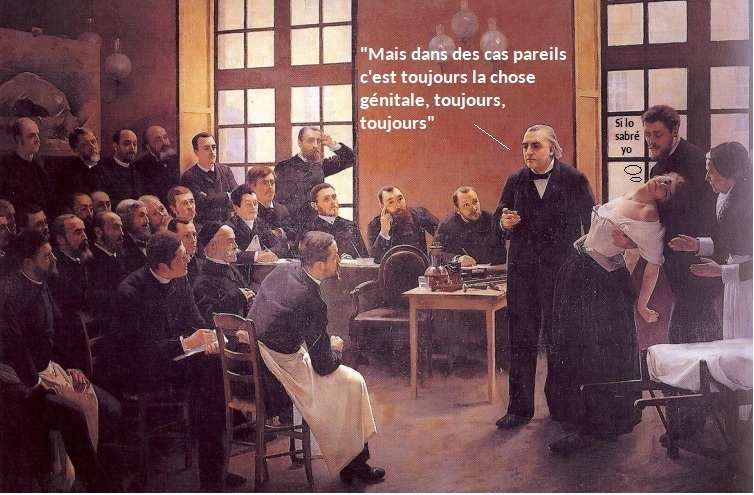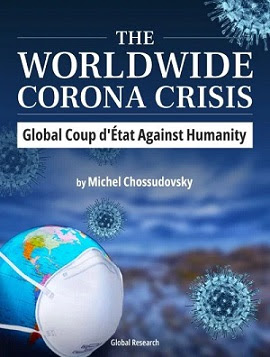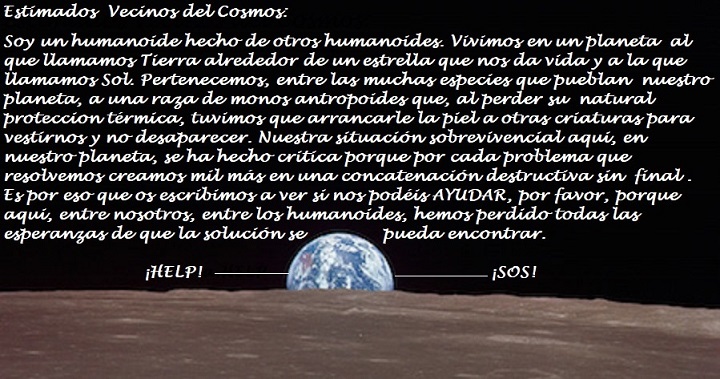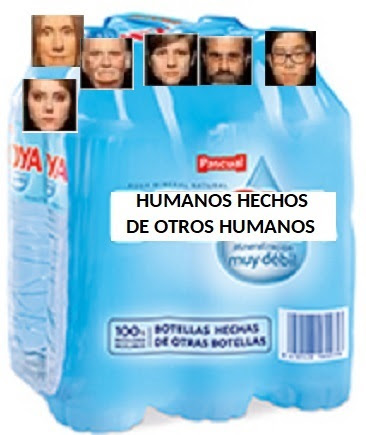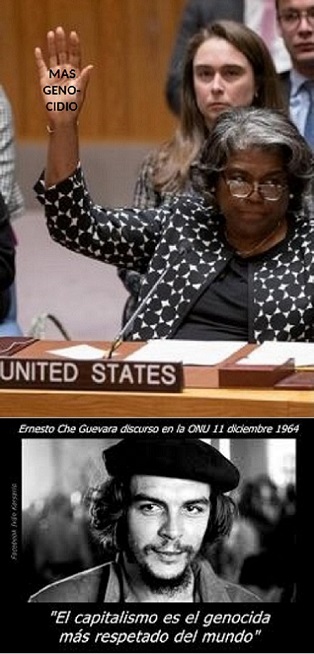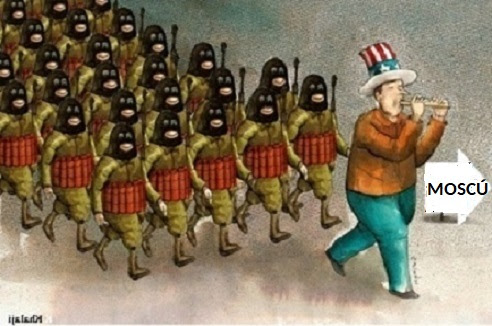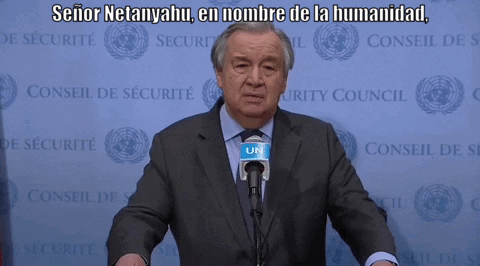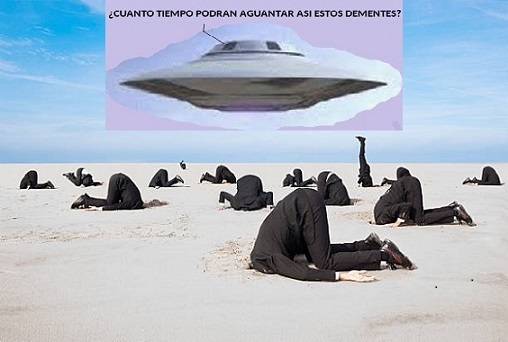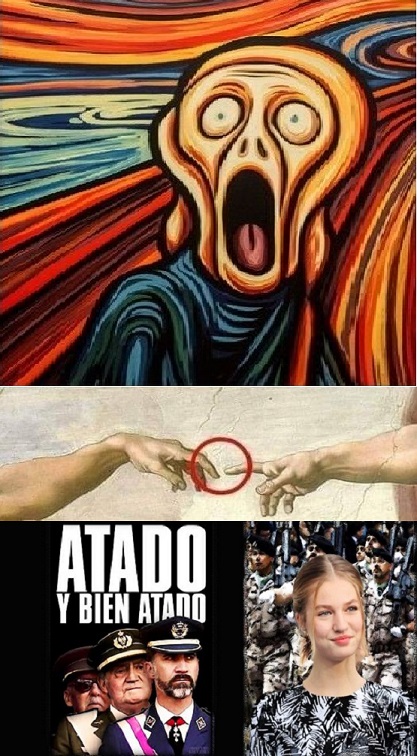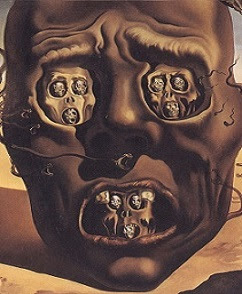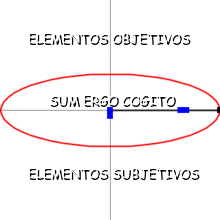IDEOLOGY AND INSANITY:
ESSAYS ON THE PSYCHIATRIC
DEHUMANIZATION OF MAN,
Thomas S. Szasz, M.D.
In the perennial conflict that is life, control of the weak by the strong is justified by a rhetoric appropriate to the prevailing ideology.
In the 20th century, the credo is Mental Health, and in its name those who deviate from accepted social norms are often victimized and dehumanized.
Dr. Thomas Szasz, psychoanalyst, teacher, and the celebrated author of THE MYTH OF MENTAL ILLNESS, whose views have established him as one of the foremost psychiatrists of our times, lashes out at this new ideology with provocative critical sharpness.
Taking the reader on a grand tour of American schools and universities, courts, community mental health centers, and psychiatric hospitals, he shows how, by encouraging us to wage war on the false front of "mental illness," psychiatry too often serves as a convenient way of avoiding confrontations with moral conflicts and social problems.
Dr. Szasz warns that if we persist in defining the vicissitudes of life as mental illnesses, and psychiatric interventions as medical treatments, we court the hazards of political tyranny disguised as psychiatric therapy.
"The conquest of human existence, or of the life process, by the mental health professions started with the identification and classification of so-called mental illnesses, and has culminated in our day with the claim that all of life is a "psychiatric problem" for behavioral science to "solve." According to psychiatry's most prominent spokesmen, this process is now complete.
For example, Howard P. Rome, senior consultant in psychiatry at the Mayo Clinic and former president of the American Psychiatric Association, confidently asserts, "Actually, no less than the entire world is a proper catchment area for present-day psychiatry, and psychiatry need not be appalled by the magnitude of this task."
"Like all invasions, the invasion of man's journey through life by psychiatry began at the borderlands of his existence and then extended gradually into the interior. The first to succumb were what we have come to regard as the "obvious" or "severe cases of mental illness"—that is, so-called conversion hysteria and the psychoses—which, although now unquestioningly accepted as psychiatric maladies, belonged formerly to literature, mythology, and religion."
"This psychiatric take-over was supported and spurred by the logic, the imagery, and the rhetoric of science, and especially medicine. Thus, who could object to the claim that the person who acted as if he were sick but really wasn't should be called a "hysteric," and should be declared a fit subject for the ministrations of neuropsychiatric physicians? Was this not simply an advance of medical science, similar to its advances in bacteriology or surgery? Likewise, who could object if other "deranged persons"—for example, those who withdrew from the challenge of real life into their self-created dramatic productions, or who, dissatisfied with their real identities, asserted false ones—were claimed for psychiatry as "schizophrenics" and "paranoids" ?
"After the turn of the century, and especially following each of the two world wars, the pace of this psychiatric conquest increased rapidly. The result is that, today, particularly in the affluent West, all of the difficulties and problems of living are considered psychiatric diseases, and everyone (but the diagnosticians) is considered mentally ill.
Indeed, it is no exaggeration to say that life itself is now viewed as an illness that begins with conception and ends with death, requiring, at every step along the way, the skillful assistance of physicians and, especially, mental health professionals."
"The discerning reader may detect a faint note of familiarity here. Modern psychiatric ideology is an adaptation—to a scientific age—of the traditional ideology of Christian theology. Instead of being born into sin, man is born into sickness. Instead of life being a vale of tears, it is a vale of diseases. And, as in his journey from the cradle to the grave man was formerly guided by he priest, so now he is guided by the physician. In short, whereas in the Age of Faith the ideology was Christian, the technology clerical, and the expert priestly; in the Age of Madness the ideology is medical, the technology clinical, and the expert psychiatric."
"Actually, this medicalization and psychiatrization—and, more generally, this technicization—of personal, social, and political affairs is, as has often been remarked, a pervasive characteristic of the modern, bureaucratic age. What I have sought to capture here, in a few sentences—and, at greater length, in the essays that make up this volume—is but one feature, albeit an important one, of this modern, scientific-technological ideology, namely, the ideology of sanity and insanity, of mental health nnd mental illness."
"As I suggested earlier, this ideology is but an old trap in new trappings. Rulers have always conspired against their subjects and sought to keep them in bondage; and, to achieve their aims, they have always relied on force and fraud. Indeed, when the justificatory rhetoric with which the oppressor conceals and misrepresents his true aims and methods is most effective—as had been the case formerly with tyranny justified by theology, and is the case now with tyranny justified by therapy—the oppressor succeeds not only in subduing his victim but also in robbing him of a vocabulary for articulating his victimization, thus making him a captive deprived of all means of escape."
"The ideology of insanity has achieved precisely this result in our day. It has succeeded in depriving vast numbers of people —sometimes it seems very nearly everyone—of a vocabulary of their own in which to frame their predicament without paying homage to a psychiatric perspective that diminishes man as a person and oppresses him as a citizen."
(Introduction; pages 2-5)
::::::::::::::::::::::::::::::::
"The ruling élite of psychopaths","Pathocrats", "Pthocracy"...
are terms commonly used by 'Signs of the Times';
and my question is:
This "modern, scientific-technological ideology,
namely, the ideology of sanity and insanity",
as doctor Szasz said, it does "serves,
--for the bourgeoisie class--
as a convenient way of avoiding confrontations
with moral conflicts and social problems"
...it does "has succeeded in depriving vast numbers of people —sometimes it seems very nearly everyone—of a vocabulary of their own in which to frame their predicament without paying homage to a psychiatric perspective that diminishes man as a person and oppresses him as a citizen"?
...And once obtained such succes "in the perennial conflict" of social classes ...it is not going to "control of the weak by the strong" in terms of justification mounted on the "appropriate rhetorict of the prevailing --psychiatric-- ideology?".

















































































































































































































